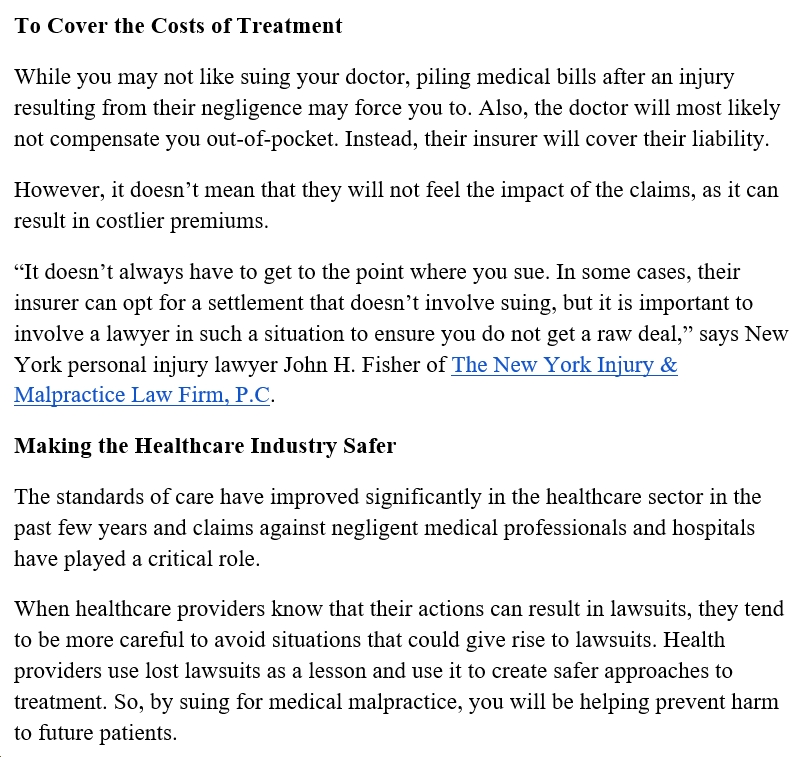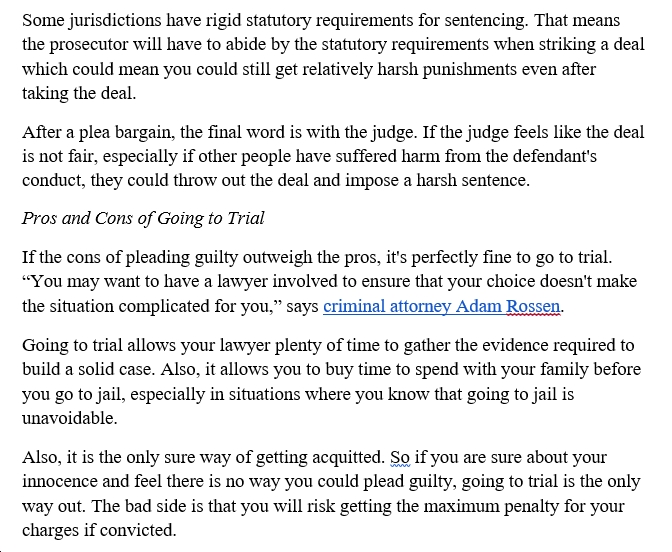SPONSORED CONTENT
Dividing property is one of the most contentious and confusing steps of any divorce. In Illinois, it is even more so. This is because Illinois is an equitable distribution state, not a community property state. This means that a judge will divide property fairly, but not necessarily equally. So, what does this mean for divorcing couples that have racked up substantial credit card debt?
“Most likely,” says Attorney Brian Reidy of Reidy Law Office LLC, “It means you are still responsible for the debt. This includes debt that is solely in your name, and joint debt that is in the name of both spouses.”
For debt that is in your name, you will most likely be held responsible for paying it back. The courts will likely order this even if the debt was incurred by your spouse. If you do not pay it back, the creditors have a right to file a lawsuit against you in order to recover the amount.
The law becomes a bit murkier when the debt is in the name of both spouses. In most cases, it will come down to a judge’s discretion. A judge can order anything in a divorce, including holding only you responsible for the debt. In many cases though, a judge will hold both parties responsible for repaying jointly-held debt, particularly if that debt was used to contribute items to the household.
A judge’s order can even override any agreement made between the two divorcing spouses. If a judge finds the agreement is unfair, or places one spouse in a compromised financial position, they may issue a new order that takes precedence over any agreement the two spouses arranged.
A judge may even order a spouse to repay debt that is in the other spouse’s name. In these cases, it becomes even more complicated. While the judge has stated you are not responsible for the debt, in the eyes of the credit card company, you are. If your ex-spouse refuses to pay the debt, the credit card company can still sue you because the debt is still in your name. Then the only recourse is to take your ex-spouse to court.
Spouses need to know how to protect themselves from potential lawsuits and rising debt. There are many ways to do that, including establishing credit and debts individually, closing joint accounts as soon as you decide to get divorced, and to protect individual accounts. While this does not completely clear up the confusion surrounding debt and divorce, it can make the process much easier.


















